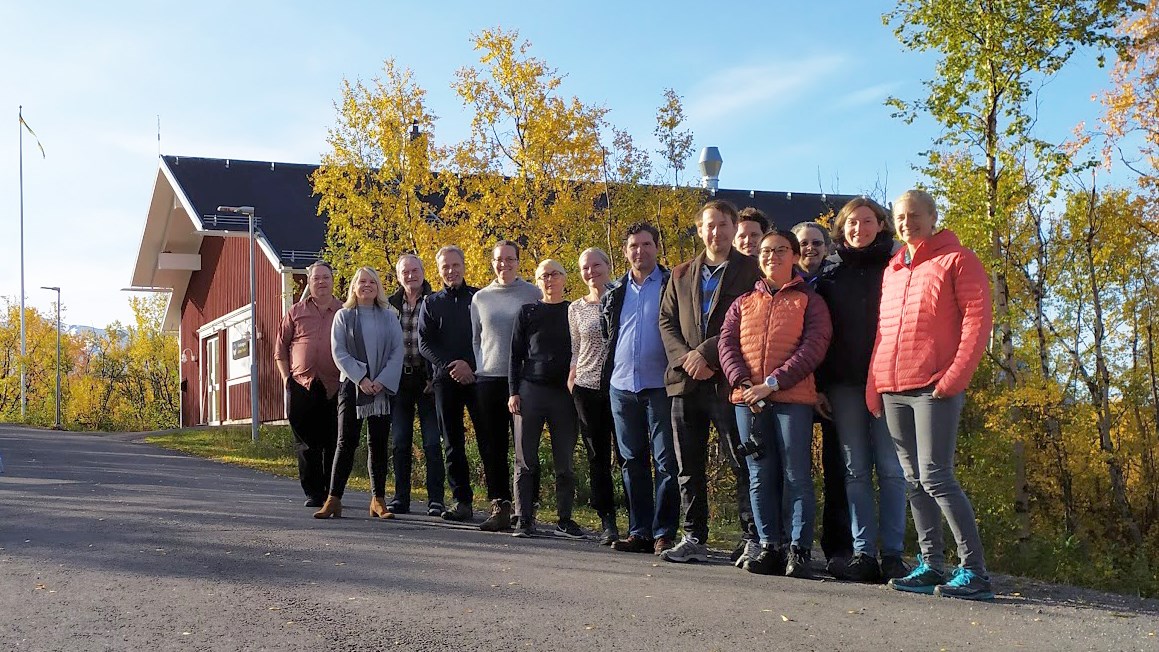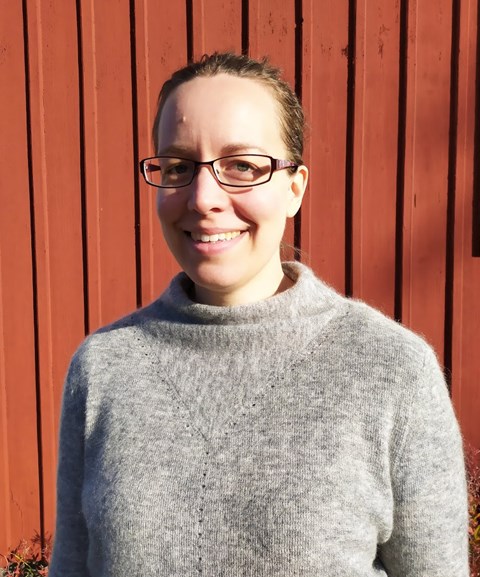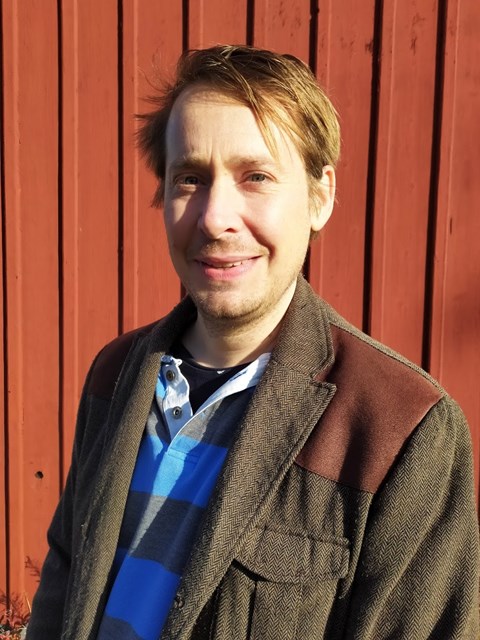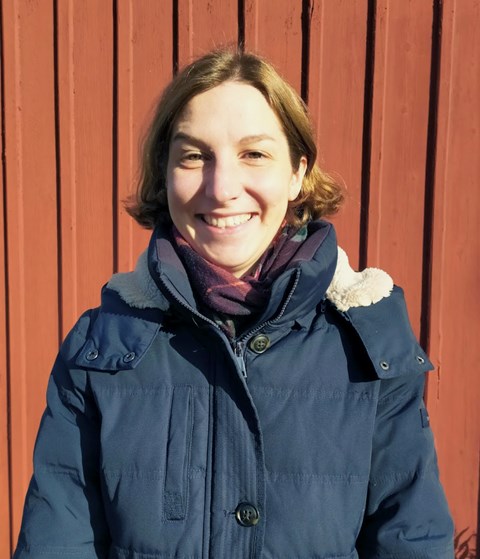Access Abisko started with a successful workshop

The Access Abisko research program is now up and running and the theme of the first period is global change and sustainability. The initiative means that researchers from all over the world can apply to come to Abisko Scientific Research Station to conduct research within a theme for three years. The purpose is to promote collaboration between research groups.
– It feels great that Access Abisko has started. The idea is to create arenas for dialogue and collaboration, much like what happens on a ship expedition. We hope the program will attract researchers early in their career, for example, the program length is set to three years, which should suit doctoral students, says Magnus Augner, Head of Department for Land-Based Research Support at the Polar Research Secretariat.
Recently, an introductory workshop was held in Abisko for the researchers admitted to Access Abisko. The goal was to create a process that feels constructive for the participating researchers.
– The first round of Access Abisko is something of a pilot, where both the researchers and those working at the research station learn during the work. During the workshop we had a good dialogue where the researchers in the three different projects quickly found areas to collaborate with. Everything feels very exciting and we know that the individual projects will come up with results, but what we do not yet know is what we can come up with together.
– In 2021, we will announce possible themes for the next round that will start in 2023. Already, I would like to encourage those interested in the program to consider what theme they would like to see for the next round of Access Abisko, says Magnus Augner.

“We want to understand the risks of mercury in alpine soils”
One of the researchers participating in Access Abisko is Sofi Jonsson, Assistant Professor at the Department of Environmental Science and Analytical Chemistry, Stockholm University. Her research is about understanding what happens when the mercury stored in alpine environments thaws, or when new species, in this case worms, colonize the earth.
– For these processes, we want to understand the risk that mercury poses to human and animal health. There is currently insufficient knowledge of what can happen to this mercury when the soil thaws. Previous research has shown that more mercury moves to lakes and streams during warmer periods. However, it is unclear how much of this mercury is absorbed by organisms. It has also been shown that the water collections formed when the soil “collapses” due to thawing leads to increased formation of methylmercury, a chemical form of mercury that poses a greater risk to humans and the environment than the main form of mercury stored in alpine soils.
Sofi Jonsson sees it as a fantastic opportunity to come to Abisko and conduct research, and she looks forward to exploring the processes there together with her research group.
– It is an environment where we already see the effects of human settlements and a warmer climate, with the introduction of new species and thawing permafrost. Of course, it is also fun to have the opportunity to work in such a beautiful environment.

“I look forward to inspiring dialogues”
Marco Eimermann, Assistant Professor in Human Geography at Umeå University, leads one of the research groups at Access Abisko. In the project, the researchers will investigate how soft mobility, i.e. non-motorized transport such as walking, bicycling and cross-country skiing, can contribute to better social encounters and perhaps even integration of people with different backgrounds.
– More specifically, we will look at the background and implementation of a winter sports event, the flows of local and external participants, organizers and spectators in connection with the event and what social synergies or tensions may arise, says Marco Eimermann.
He sees the project as a great opportunity to get to Abisko Science Station and conduct research with colleagues who are also interested in how the combination of sparsely populated, tourism, lifestyle migration and nature-based integration can facilitate positive social encounters.
– I believe and hope that the project can create a good basis for future studies in remote and sparsely populated areas, and that we in our team can contribute to Arctic sustainability studies through our social scientific insights. It feels exciting to be able to work with social scientists who have a background in architecture and physiotherapy and to be able to collaborate with natural scientists in the other research groups.

“I’ve always felt at home in the North”
The third research group will investigate how nature’s non-materialistic values affect people’s well-being in Abisko, and the significance these values have for political decisions regarding global change.
– I have always felt at home in the north and in nature, so it is a privilege to come and live and work in Abisko, says Friederike Gehrmann, Postdoctoral researcher at Umeå University.
Her research group consists of people from different disciplines and countries and this has already challenged them to change their perspectives.
– I look forward to expanding my perspective beyond the scientific research that is so familiar to me and looking at the role of nature from a more human, intuitive angle. I hope that people, rather than doing research myself and measuring things, as I do in plant biology, teach me what nature means to them.
